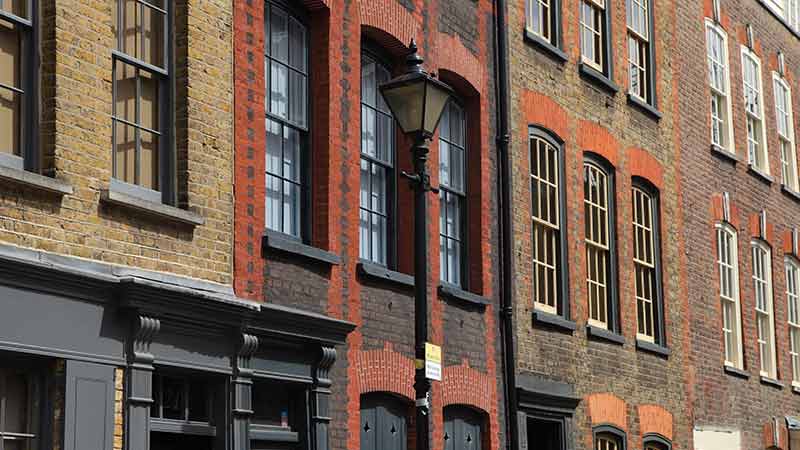With just days left to apply, local authorities and registered housing providers are being urged to submit their applications for the latest round of Government funding to assist with EPC upgrades.
Social landlords provide more than two million homes across the UK, and we’ve been working closely with councils and housing associations to deliver on energy improvements across their portfolios.
What is the Social Housing Decarbonisation Fund?
The Social Housing Decarbonisation Fund is a Government grant aimed at helping the social housing market upgrade their energy performance certificate (EPC) rates to a level C.
The fund will support the installation of energy performance measures for social homes in England. The objective is to; help reduce carbon emissions, tackle fuel poverty, support green jobs, and develop the retrofit sector, ensuring the delivery of warm and efficient homes in addition to improving the comfort and well-being of social housing tenants.
Broken up into a series of waves, the fund saw £179 million offered to 69 projects during wave 1. Successful recipients were councils across the country, however, very few from the Solent region applied for the grant.
The latest wave (wave 2.1) will see £800 million rolled out to social homes across England and those with an EPC rating below C are eligible to apply. Applications for the Social Housing Decarbonisation Fund wave 2.1 will need to be submitted before midnight on Friday 18th November.
Who can apply?
Eligible organisations can directly apply to wave 2.1 as either single bidders or as the lead of a consortium.
All social housing below EPC C is eligible including on and off gas grid. The fund is open to local authorities, combined authorities, registered providers of social housing (including housing associations and arms-length management organisations (ALMOs) that are registered providers, and registered charities that own social housing.
Project types?
A minimum of 100 social homes below EPC C are required per bid, however, the Government is encouraging the submission of significantly larger bids too.
The funding will focus on large scale, fabric first retrofit projects for social homes that have an EPC rating below C.
A spokesperson for the government said: “We encourage Applicants to consider their housing stock and to assess whether they can apply to the scheme, with the aim of raising the energy performance of low EPC rated properties. We aim to improve the energy performance of homes to Energy Performance Certificate (EPC) Band C, to take homes out of fuel poverty and deliver progress towards the UK's commitment to Net Zero by 2050. The entire SHDF programme seeks to raise the energy performance of as many as possible of the 1.4m social homes below EPC Band C up to that level, as part of the journey for the social housing stock towards Net Zero 2050.”
Next steps
Bids will be assessed throughout December and successful applicants will be informed no later than March 2023. Agreements and projects will be due to start from then, running until the end of September 2025.
Further guidance can be found via the Government website here: https://www.gov.uk/government/publications/social-housing-decarbonisation-fund-wave-2
Independent advice
As of 2025, all rental properties will be legally required to have an EPC rating minimum of C.
From advice around feasibility, cost planning, undertaking the work in the current market, and specifying works before overseeing and managing the implementation of changes in accordance with EPC corresponding report recommendations, Sillence Hurn is working closely with councils and social housing providers across the South to help improve their portfolios to the required standard.
Speak to a member of the team today and see how we can help you and your properties going forward.
Disclaimer: Please note this article is for guidance purposes only and does not constitute legal advice.




